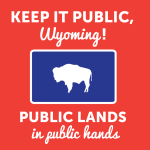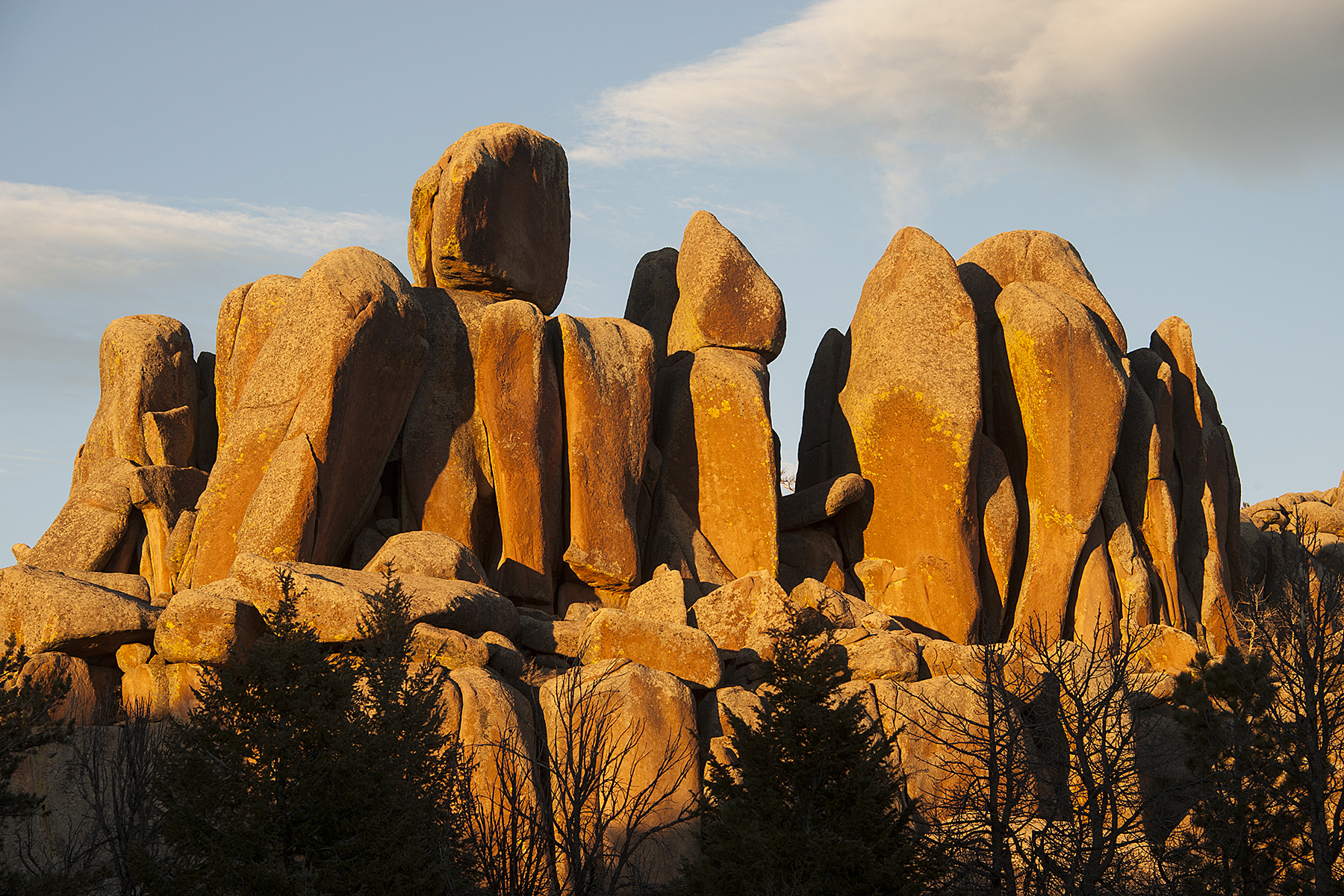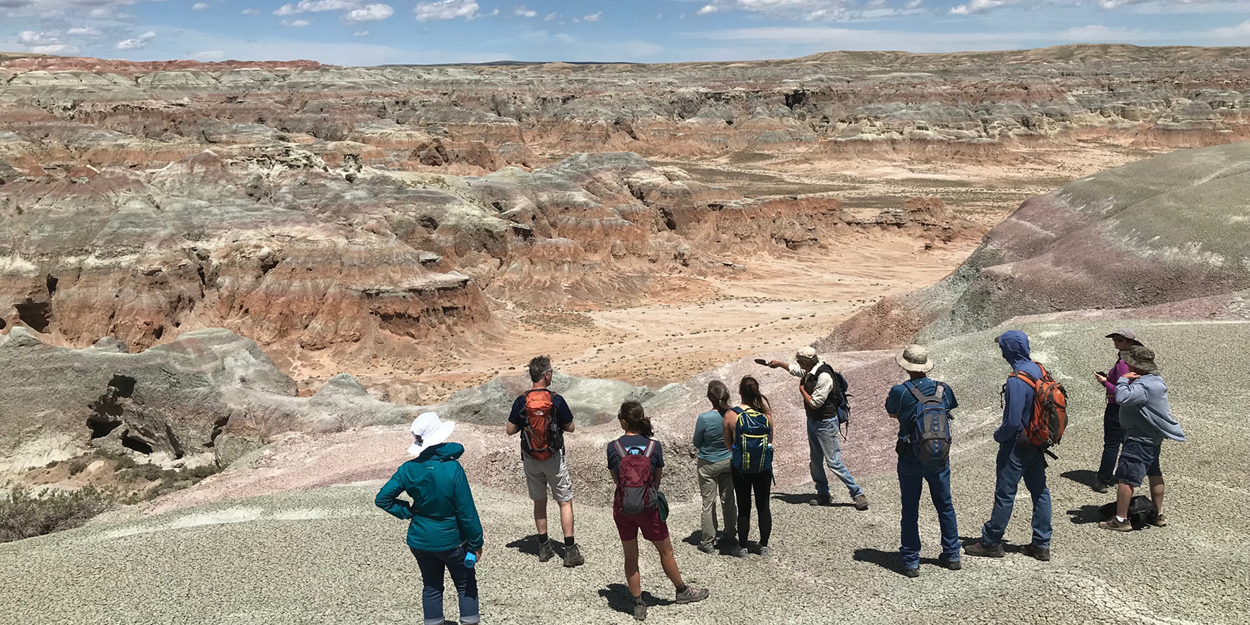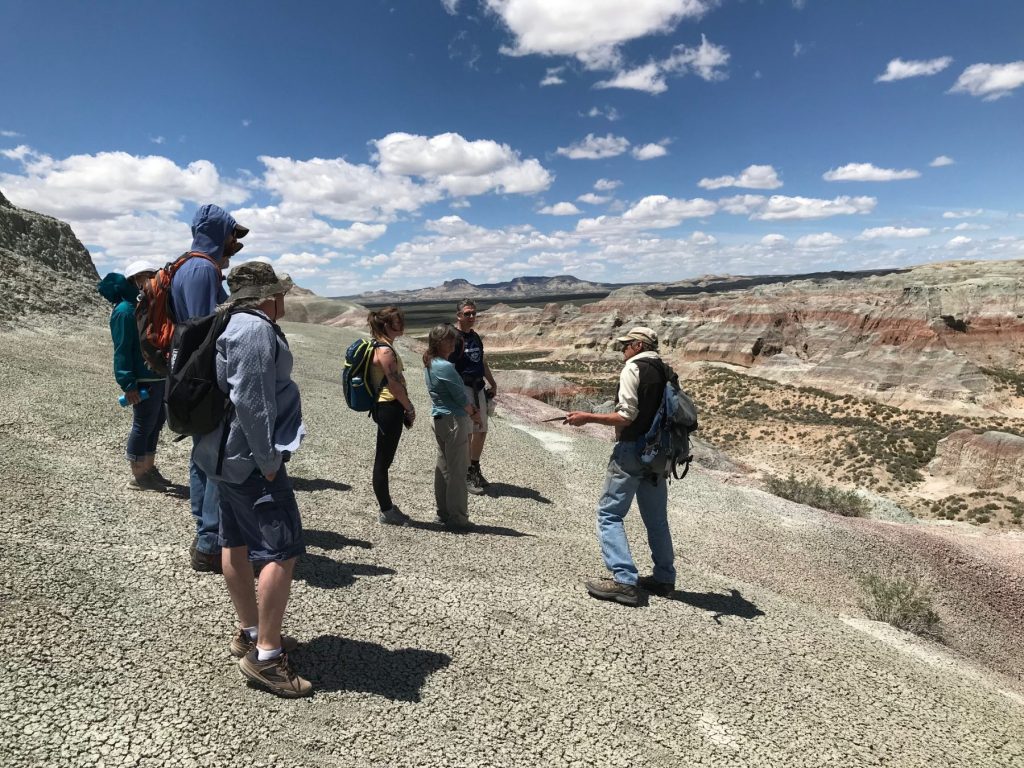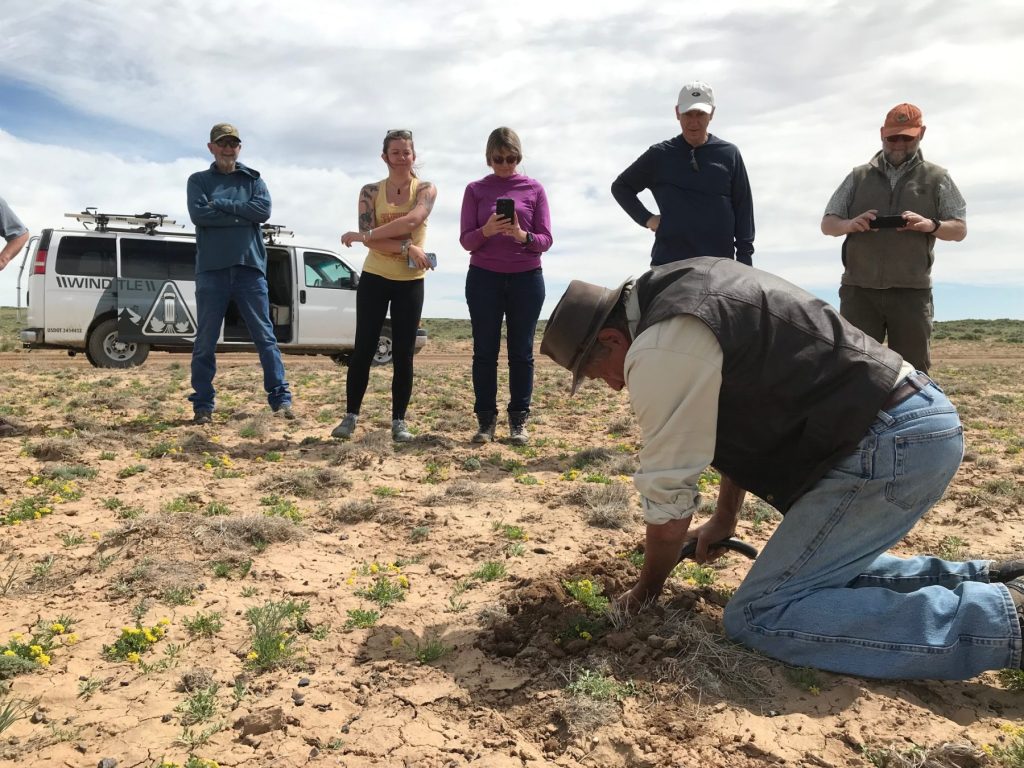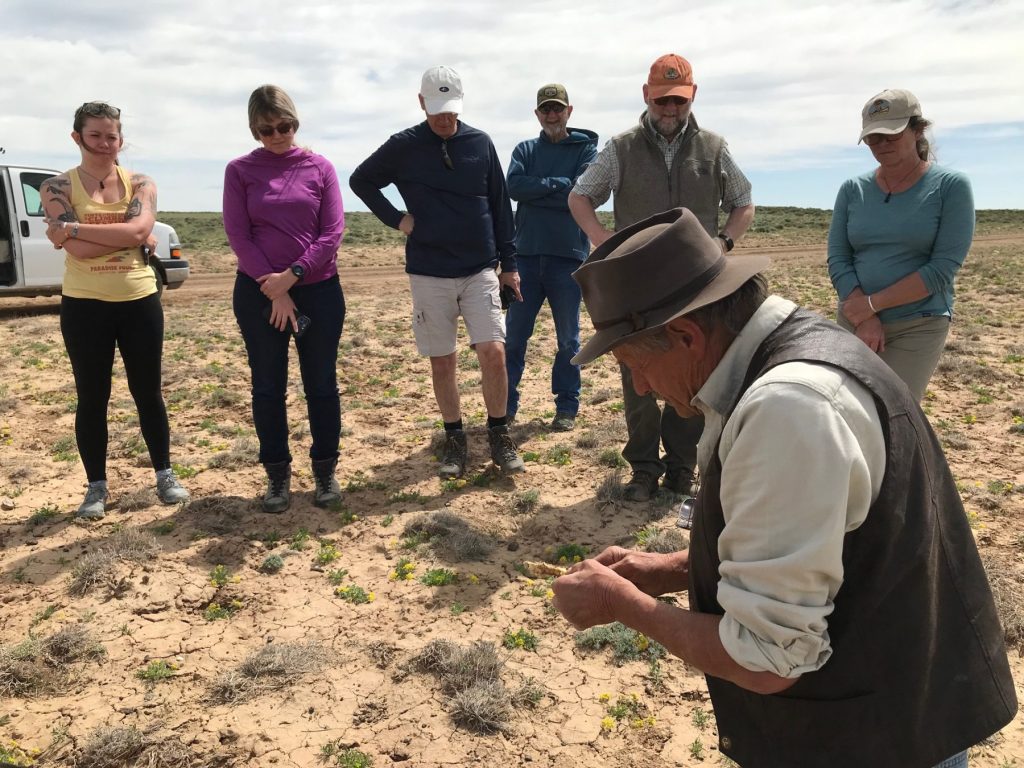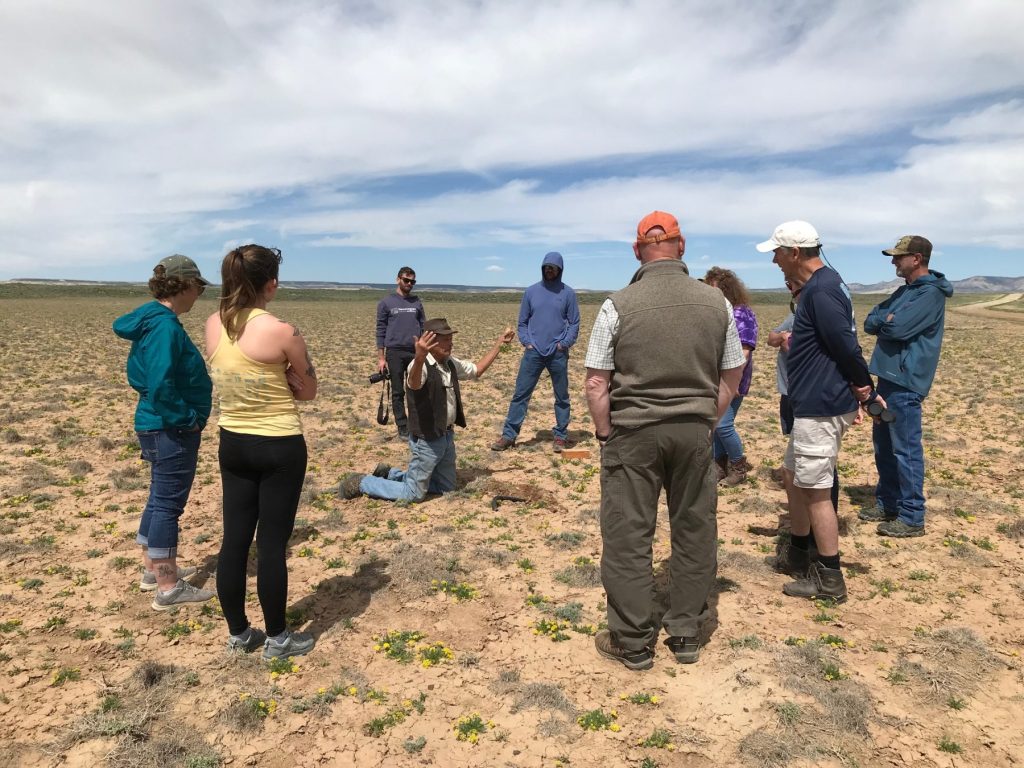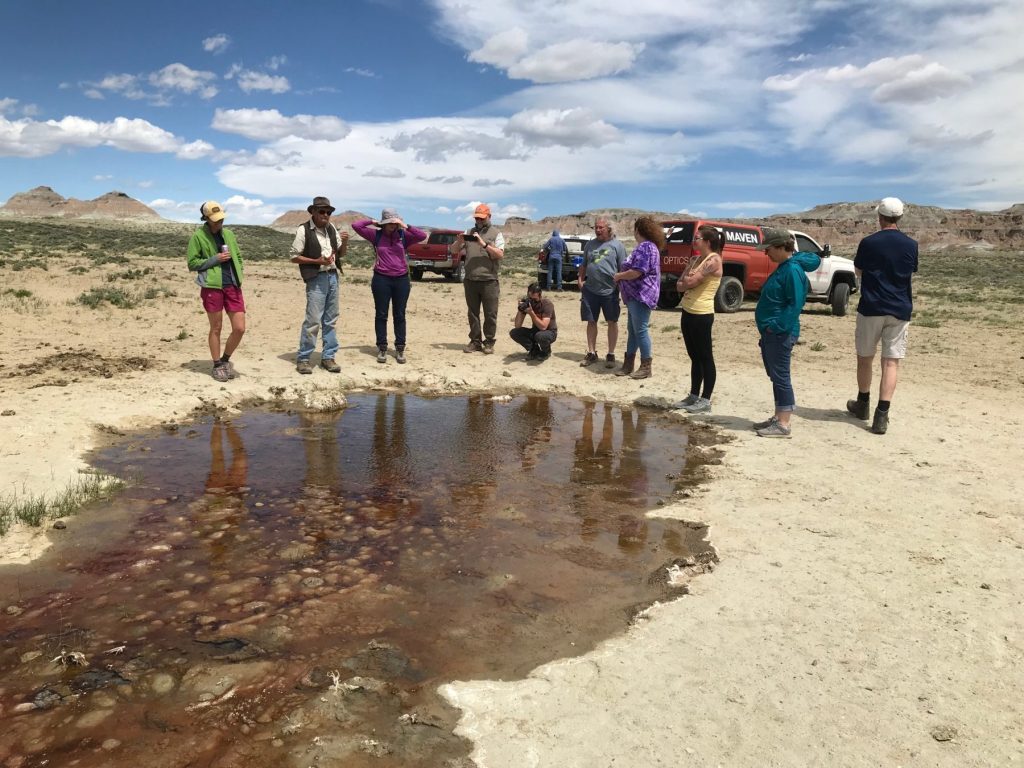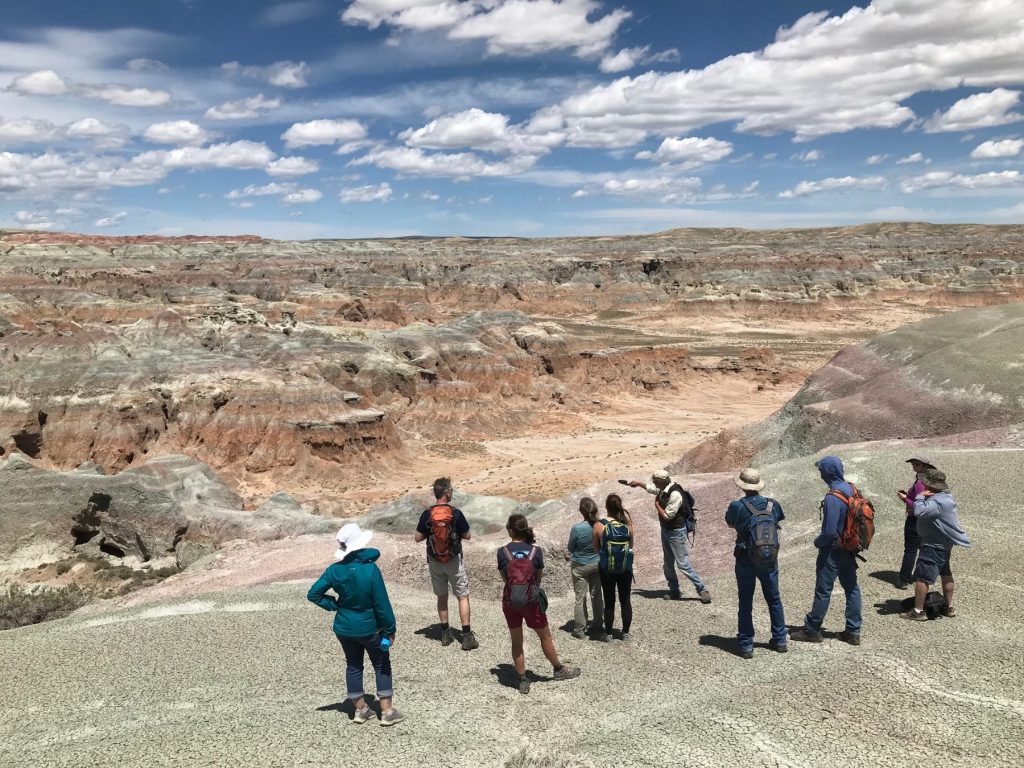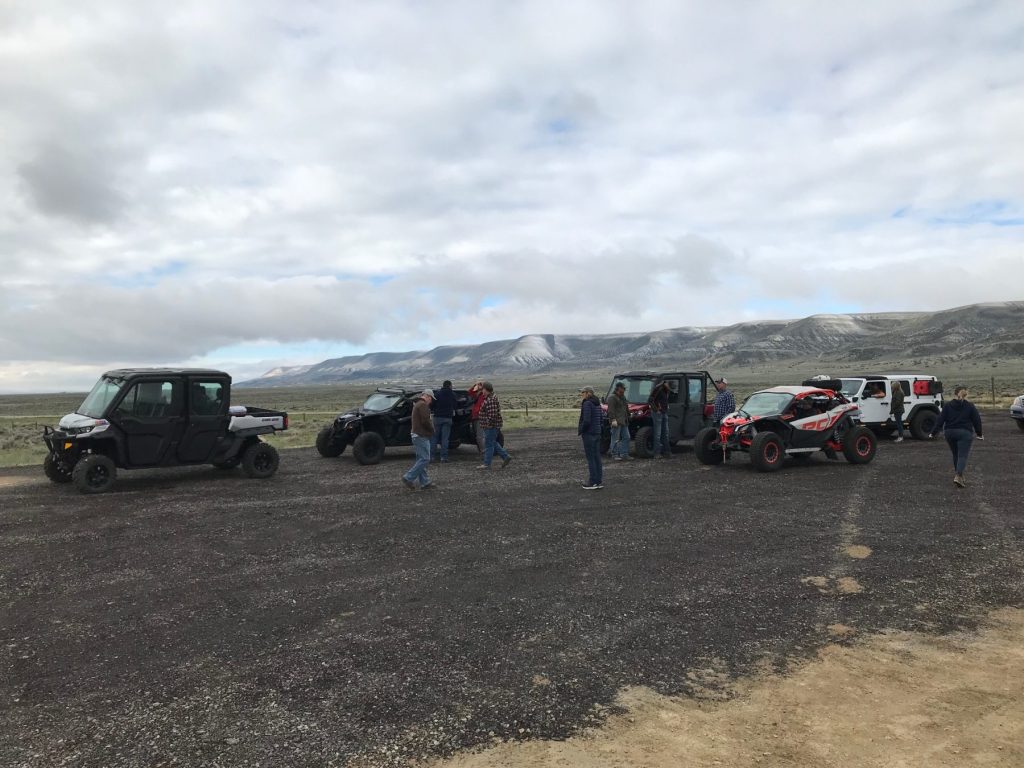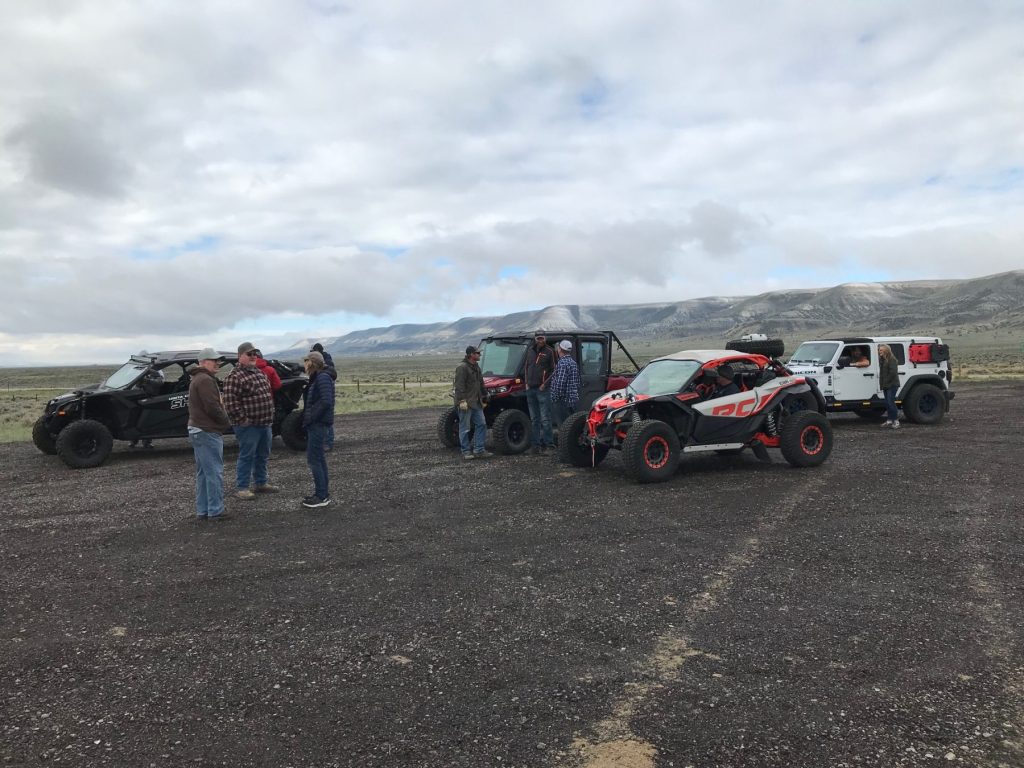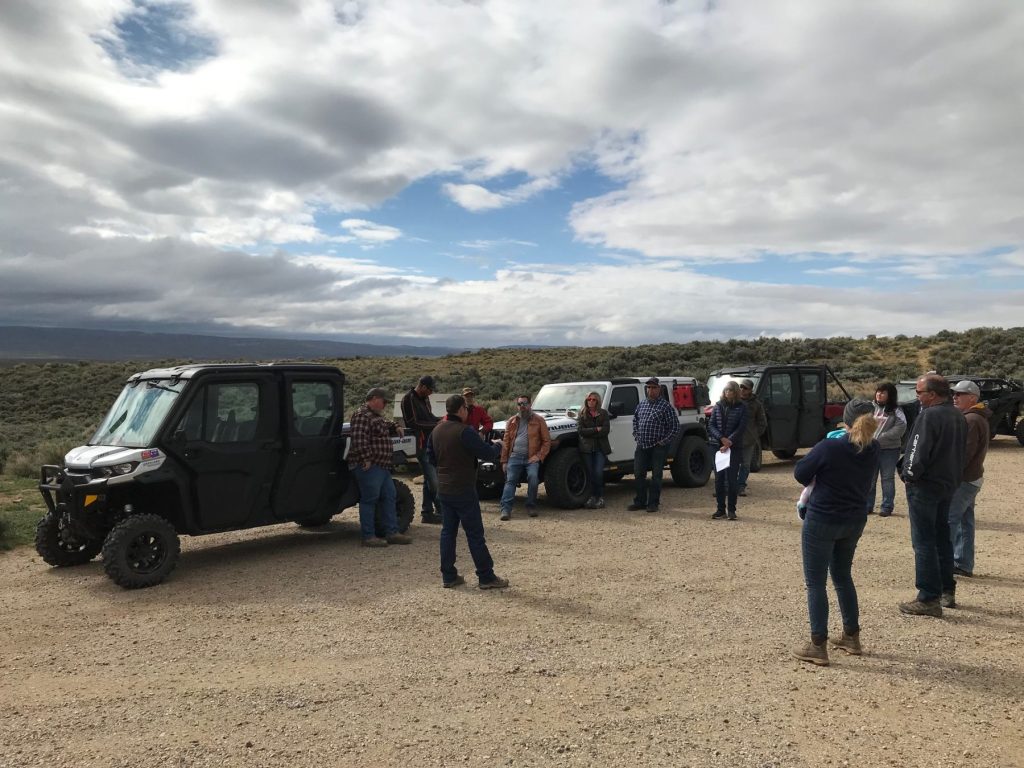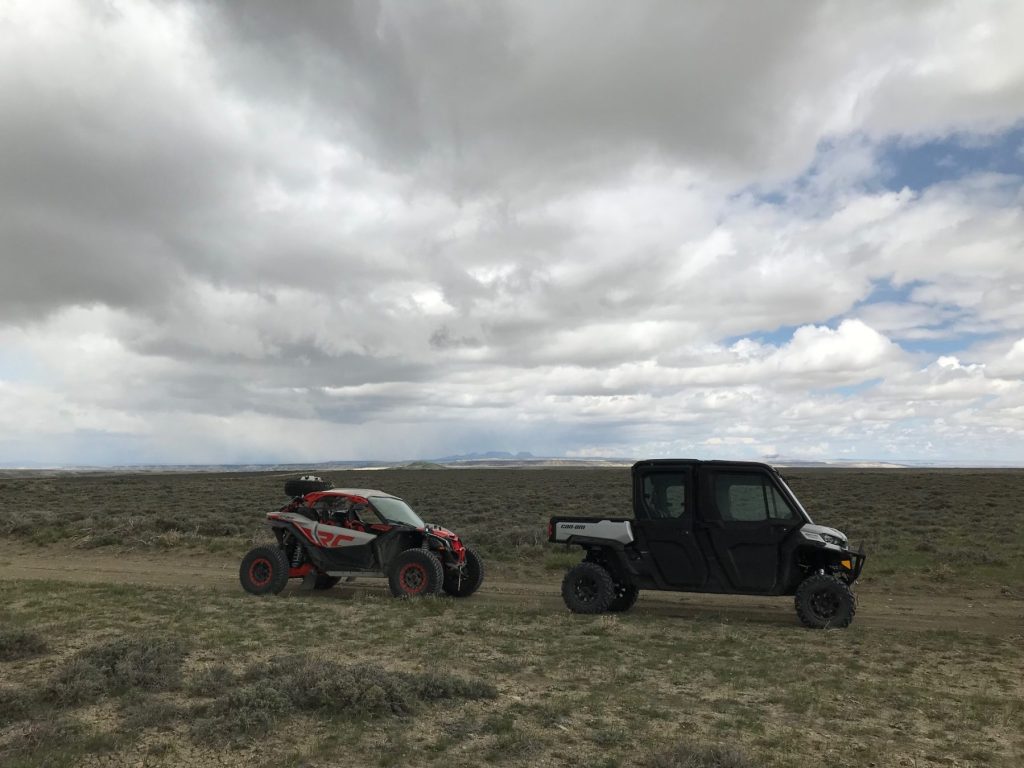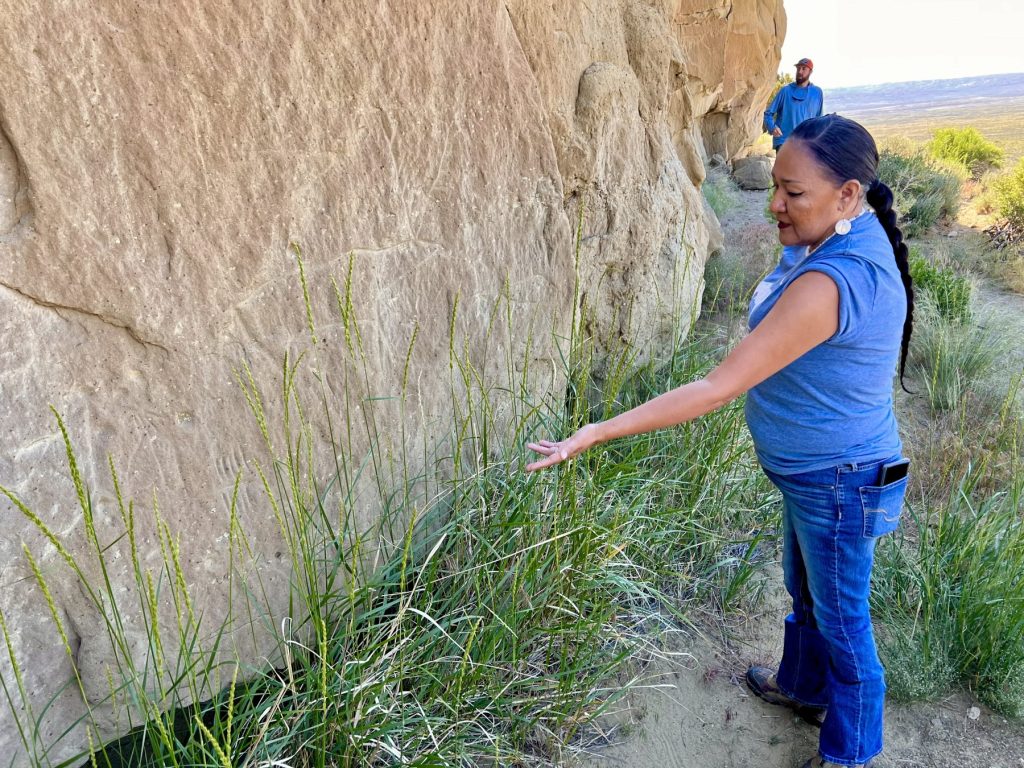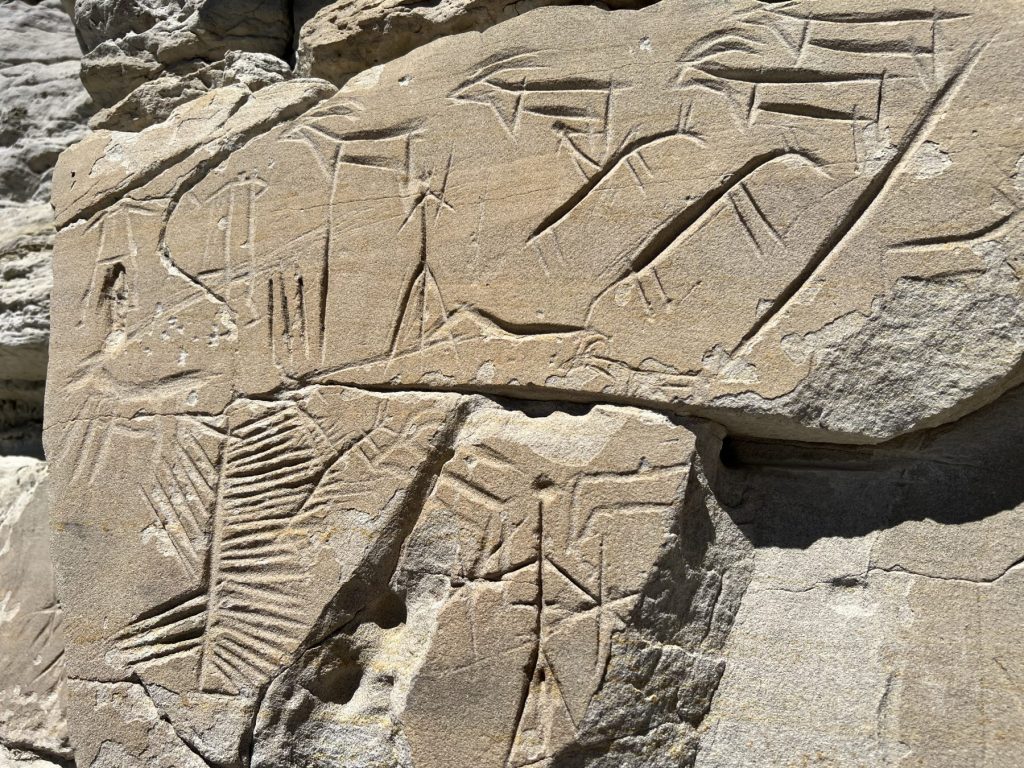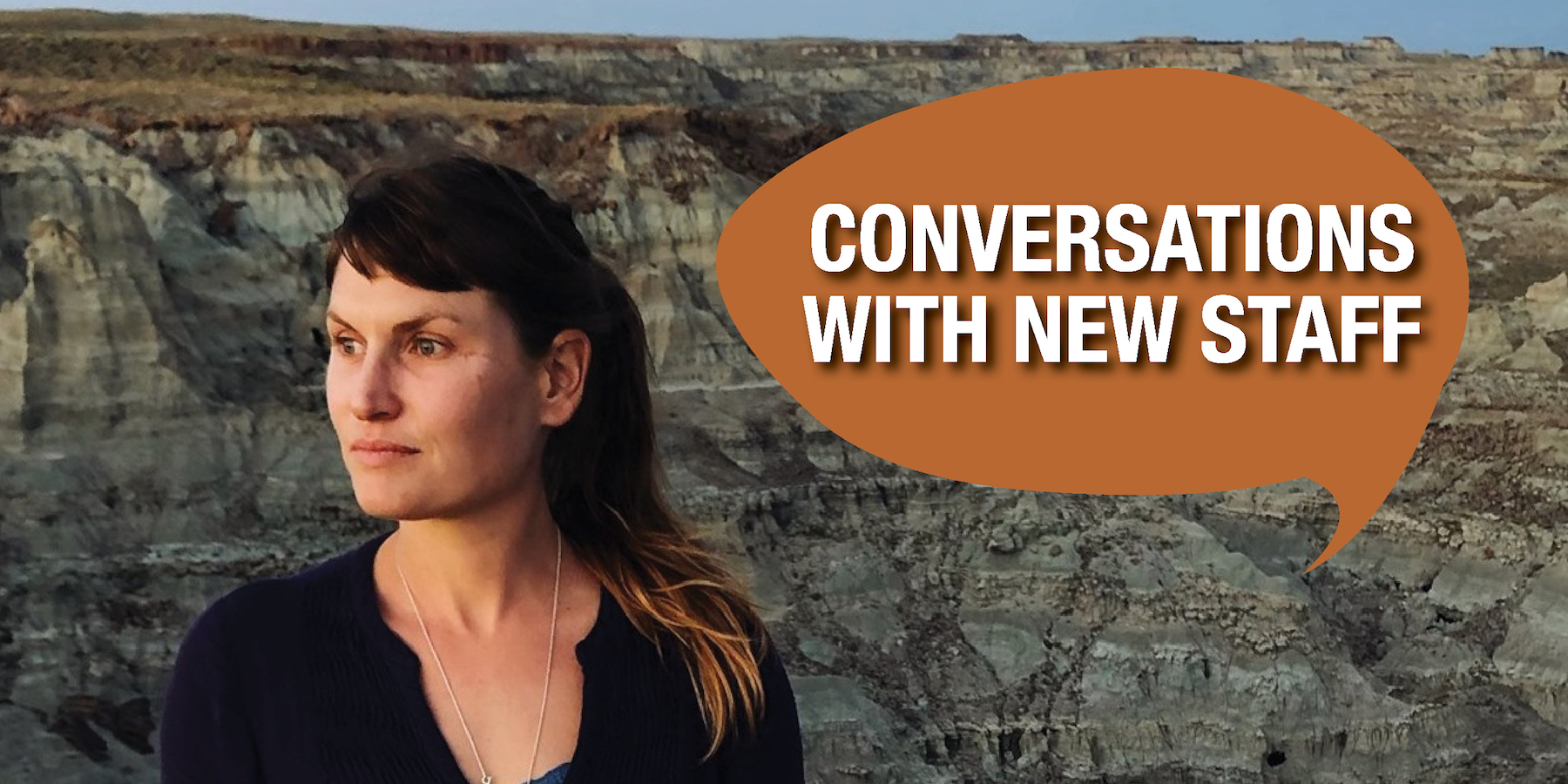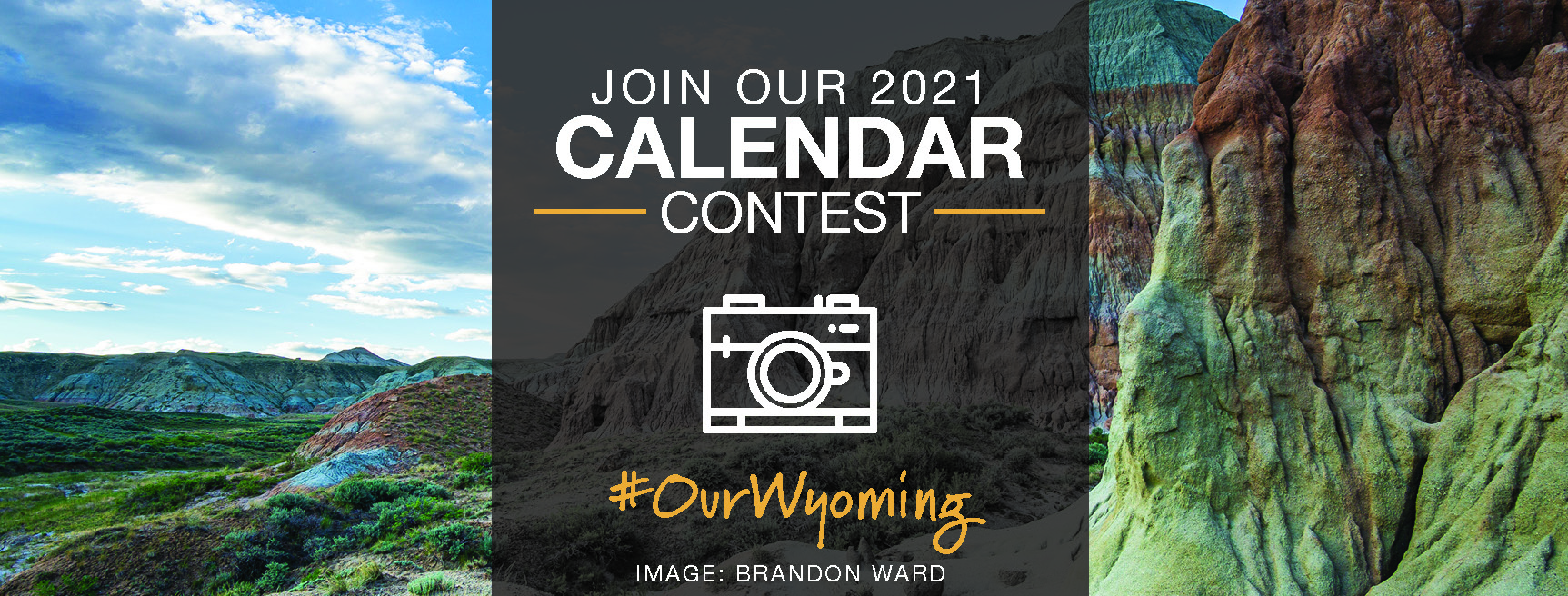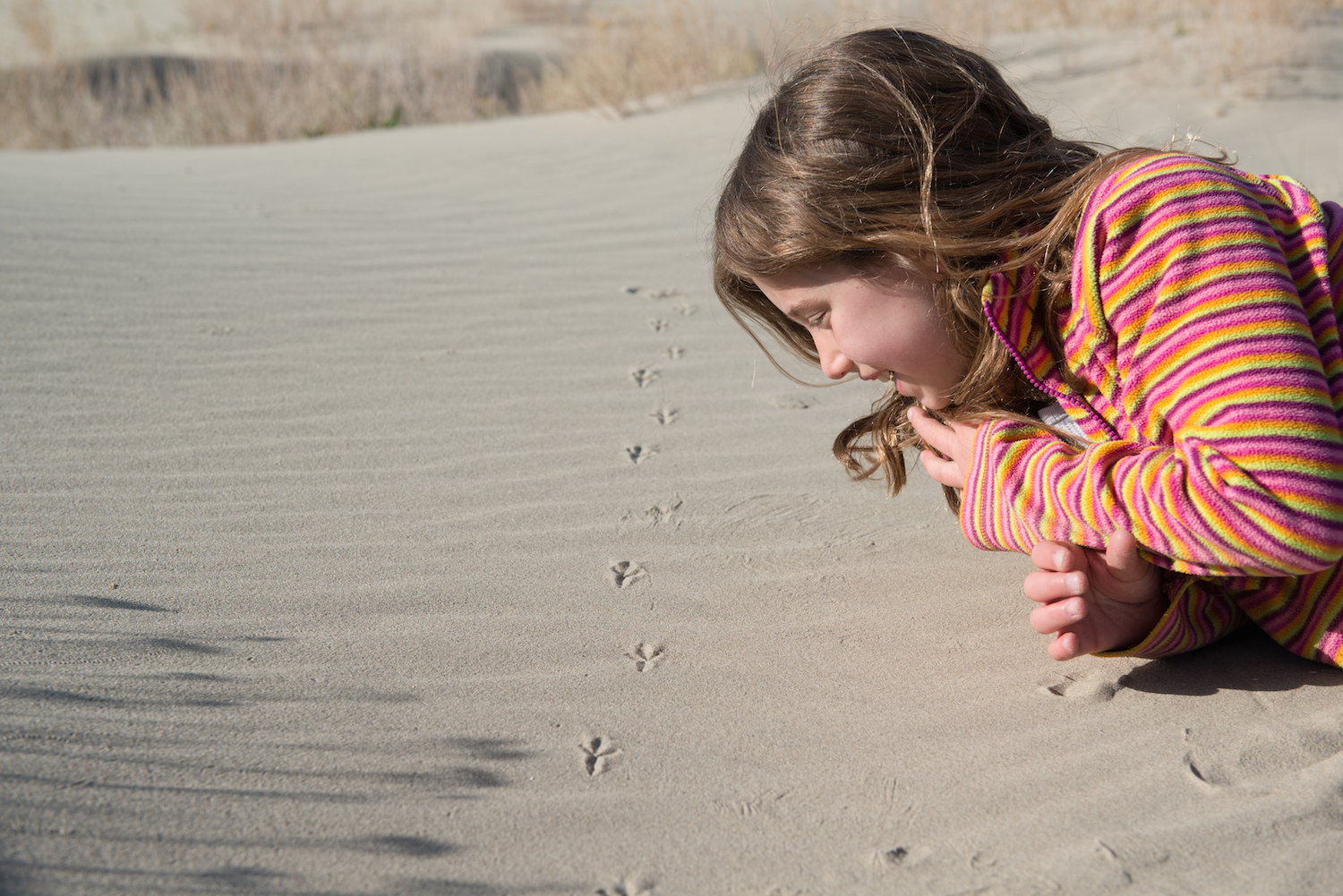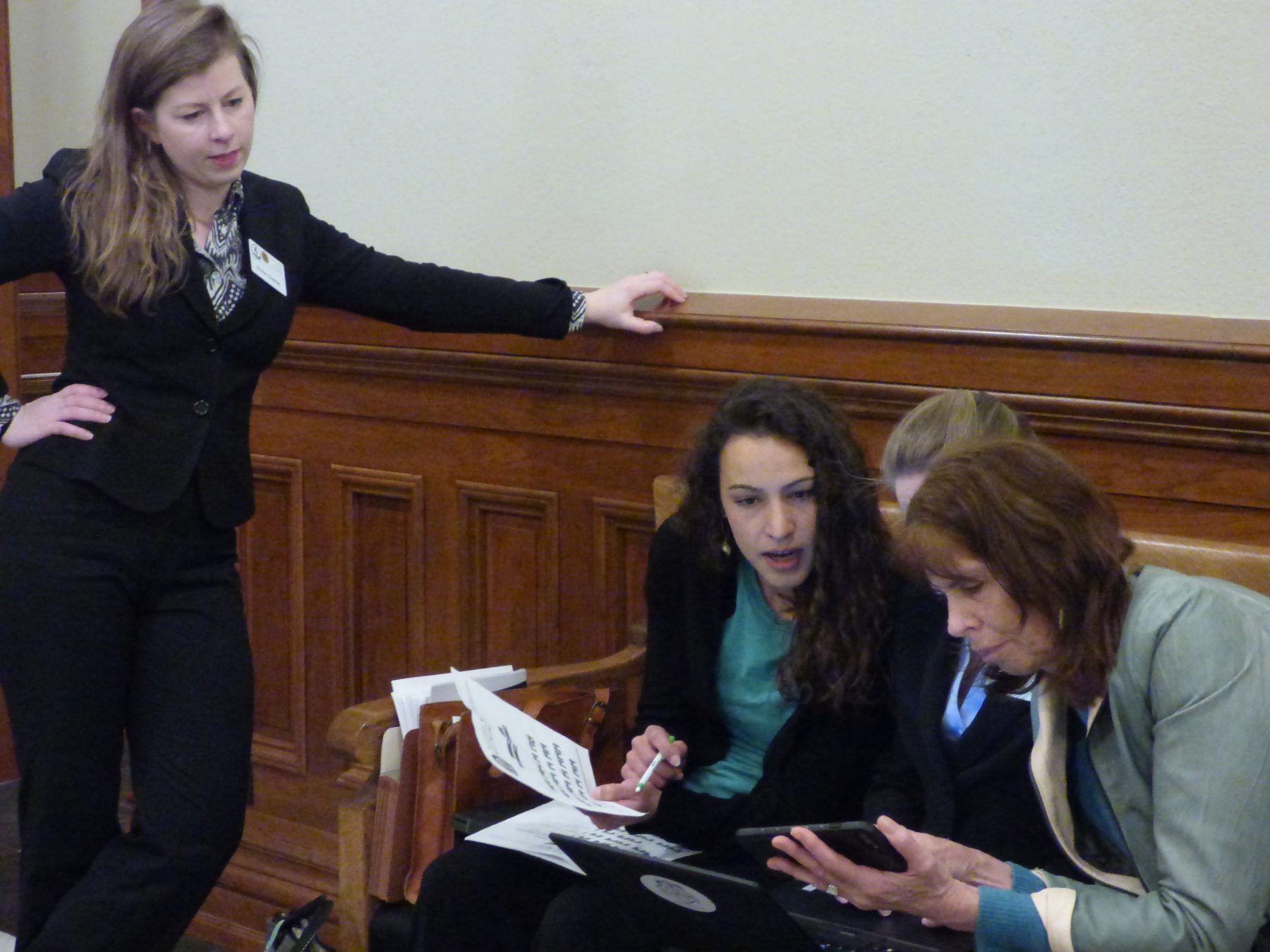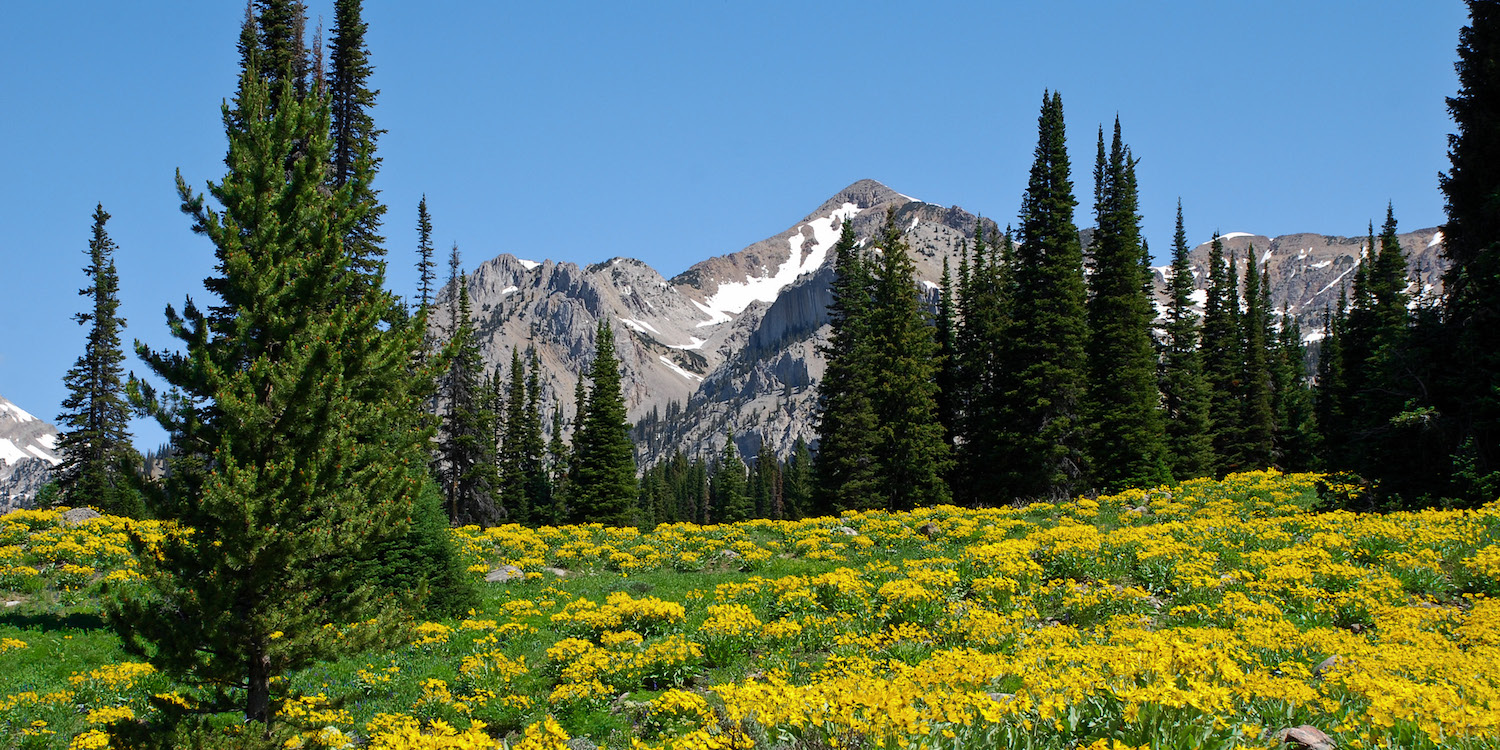[et_pb_section fb_built=”1″ _builder_version=”4.6.0″ _module_preset=”default”][et_pb_row _builder_version=”4.7.7″ _module_preset=”default”][et_pb_column type=”4_4″ _builder_version=”4.6.0″ _module_preset=”default”][et_pb_text _builder_version=”4.6.6″ _module_preset=”default” width=”75%”]
Today we honor the life and work of Dr. Martin Luther King, Jr., a man who sought to achieve justice for all people regardless of the color of their skin. It is my sincere hope that Dr. King’s leadership — his words and his dedication to non-violence as a means of activism — provide inspiration for us today.
Two days from now the nation’s next president will be inaugurated. There is reason to fear that this will reignite the kind of unlawful, violent, and terror-inducing action that supporters of our current president inflicted on police officers, members of Congress, Congressional staffers, and others who work in the nation’s Capitol — actions that left five people dead.
Some of you might wonder why a conservation group like the Wyoming Outdoor Council is speaking out on issues of racial justice and the state of our democracy. It’s simple. We believe, as Dr. King said, that: “Our lives begin to end the day we become silent about things that matter.”
We are proud to join with numerous Wyoming-based organizations in issuing the following statement, which appeared in Sunday’s Casper Star-Tribune. We invite you to add your name by visiting this link.
Wyoming Groups Call for Transparency and Accountability in the Aftermath of the Attack on the Capitol
Last week, horrified Americans watched as a violent assault was staged in our nation’s capital, putting the lives of our elected leaders and other public servants in danger, and disrupting a constitutionally mandated meeting of Congress to advance the peaceful transfer of presidential power. Here in Wyoming, we watched the shocking footage and share in the sentiment of former Sen. Hank Coe, who told the Cody Enterprise: “It was absolutely the most disgusting, heartbreaking production I’ve ever seen in my life. It did its best to destroy the American values.”
We are asking our state and national elected leaders to demand full accountability for those who incited, abetted, and participated in the attack. There cannot be healing without accountability.
And we cannot ignore the truth: The insurrection last week was the direct result of an ongoing campaign of lies and deliberate misinformation coming primarily from the President of the United States. As Wyoming Rep. Liz Cheney put it: “We just had a violent mob assault the Capitol in an attempt to prevent [Congress] from carrying out our Constitutional duty. There is no question that the President formed the mob, the President incited the mob, the President addressed the mob. He lit the flame.”
We are grateful to Congresswoman Cheney. She was one of a terrifyingly small number of leaders in the president’s party who—prior to the attack on the Capitol—had the courage to stand up to him, to stand up to the threats and bullying, and speak up for the U.S. Constitution and core American values about democracy. She warned, prior to the violence, that the president’s lies, toxic rhetoric, and attempts to thwart the will of the people were not only wrong but dangerous to the future of our republic.
We need a national reckoning. Not only with this violent insurrection but with what led to it. We have yet to fully grapple with the anti-democratic, pro-authoritarian political movements that have gone from the fringes to the mainstream in this country. And we have yet to honestly address the role of white supremacists and racist ideologues that have long been promoting the kind of violent insurrection and domestic terrorism we’re witnessing today.
The facts are that over 60 court cases and multiple state-level recounts have uncovered no meaningful “fraud” and no so-called “irregularities” that would have even come close to changing the results of any presidential, legislative, or other election. In a country governed by the rule of law, respecting the role of the courts and the authority of states to administer and certify their elections is not optional. It is the foundation of American democracy.
If we fail as political leaders and as a people to coalesce around the truth, we will continue to allow the lies and disinformation to fracture and polarize our society. If our democracy is to survive and prosper, we will require courageous, patriotic leaders who will stand up for our system of elections and who will not lie to us about the integrity of American voters and the legitimacy of election results.
We, the people are responsible for the durability of our democracy. We must rise to this occasion and find the courage to speak out against those who, in the interest of power, embrace conspiracy theories, white supremacy, lies, and violence. As former U.S. Secretary of State Madeline Albright said: “While democracy in the long run is the most stable form of government, in the short run, it is the most fragile.”
And as the late Rep. John Lewis wrote: “The truth is a powerful force. It is the foundation of all things. The truth is so all-consuming that it cannot be denied. You cannot erase the truth. You cannot tarnish the truth. You cannot whitewash the truth. It is bigger than the sum of us all, and whole, even in its parts.”
Together, we stand for the truth. We expect all our elected officials to do the same.
Wyoming State Legislative Board, Brotherhood of Locomotive Engineers and Trainmen
Wyoming Public Employees Association
Wyoming Outdoor Council
Wyoming Interfaith Network
Wyoming Education Association
Wyoming Equality
Wyoming Coalition for a Healthy Retirement
Wyoming Association of Activists
Wind River Native Advocacy Center
SMART Transportation Union
Sierra Club Wyoming Chapter
Matthew Shepard Foundation
Jackson Hole Conservation Alliance
International Union of Operating Engineers Local 800
Equality State Policy Center
[/et_pb_text][/et_pb_column][/et_pb_row][/et_pb_section]
